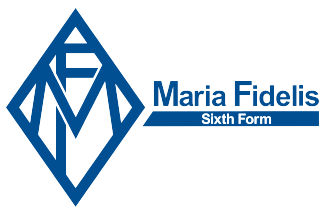Economics
Economics OCR (H060) (H460)
WHAT THIS COURSE OFFERS YOU
Economics is a traditional subject which is relevant to the world you live in and your future. It is a fascinating subject because it includes the study of how people and businesses behave and interact with each other. In the macro course students learn about important government decisions, as well as foreign policy, international trade and financial sectors around the world. The dynamic relationship between consumers, manufacturers and governments makes Economics a vibrant and current subject. By studying Economics, you will develop skills in research, analysis, evaluation, communication and working with others to solve problems.
- You’ll enjoy this course if….
- …you enjoy keeping up to date on the latest economical and political news both nationally and globally e.g. Brexit.
- …you have an interest in the functions of a business or government policy.
- …you enjoy learning about a wide range of concepts e.g. profits, equality, unemployment which can be applied in a variety of contexts.
ENTRY REQUIREMENTS
- 5 GCSE passes at G4 or higher.
- G6 or above in Mathematics and English
ASSESSMENT / CORE MODULES
- Paper 1 – Microeconomics (01) 80 marks. 2 hour written paper
- Paper 2 – Macroeconomics (02) 80 marks. 2 hour written paper
- Paper 3 – Themes in economics (03) 80 marks. 2 hour written paper
HOW WILL I BE TAUGHT?
- Small classes mean tailored, individualised teaching for all students in the group.
- Lessons are taught using a variety of techniques in order to keep the student engaged and focused. Student-teacher email is used to receive quick and helpful feedback on essays.
- Sufficient time is provided in lessons for exam question practice, individual guidance and feedback from the teacher and class discussions/debates around topical issues.
- The lessons are designed to capture and inspire the learner’s interest in making links to modern life and the world around them while also covering the specification in a structured way so students can monitor their progress.
FUTURE PATHWAYS
- Careers may include banking and finance, media, law, marketing, governmental careers, foreign policy, environmental work, journalism and teaching.


